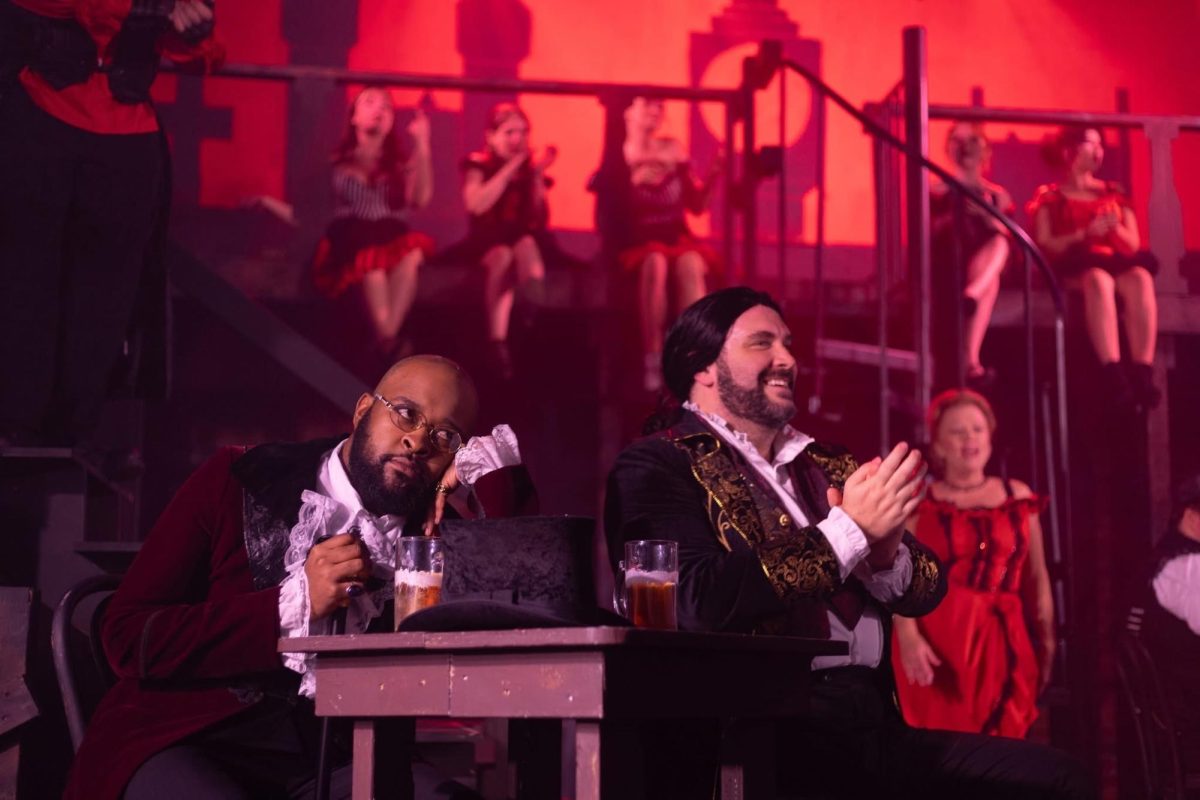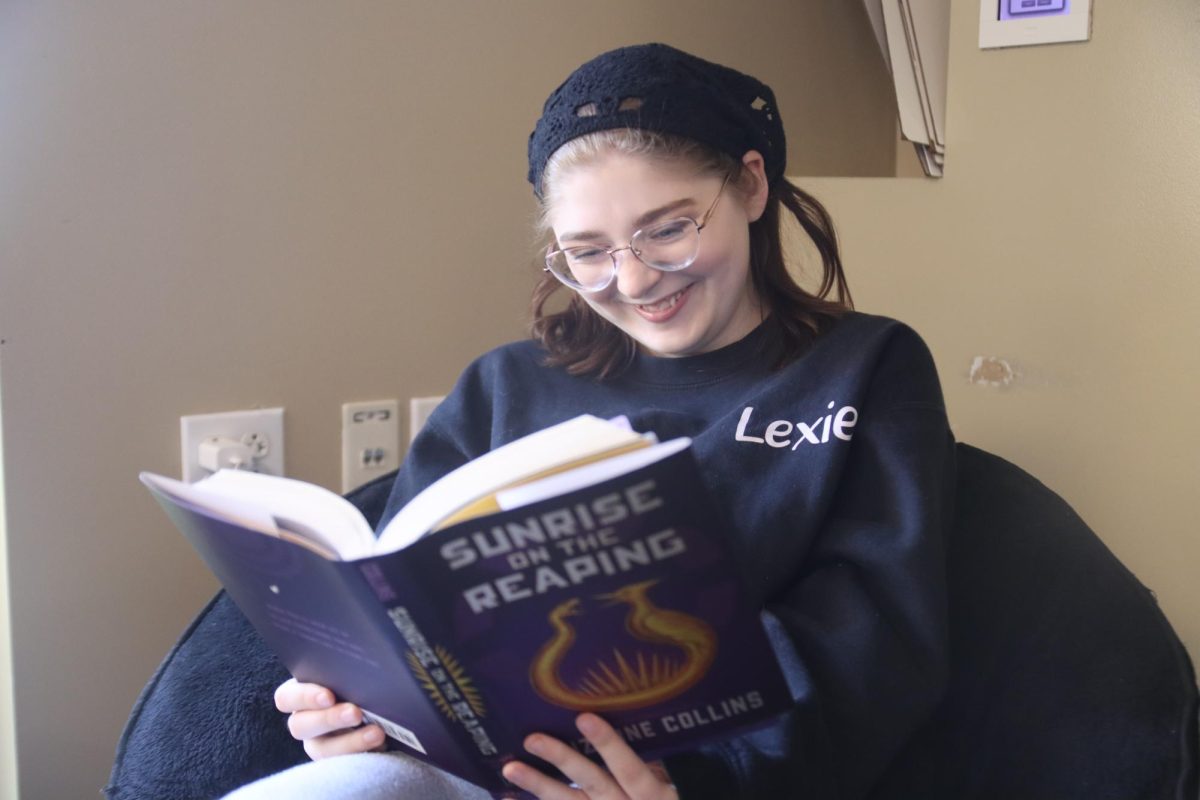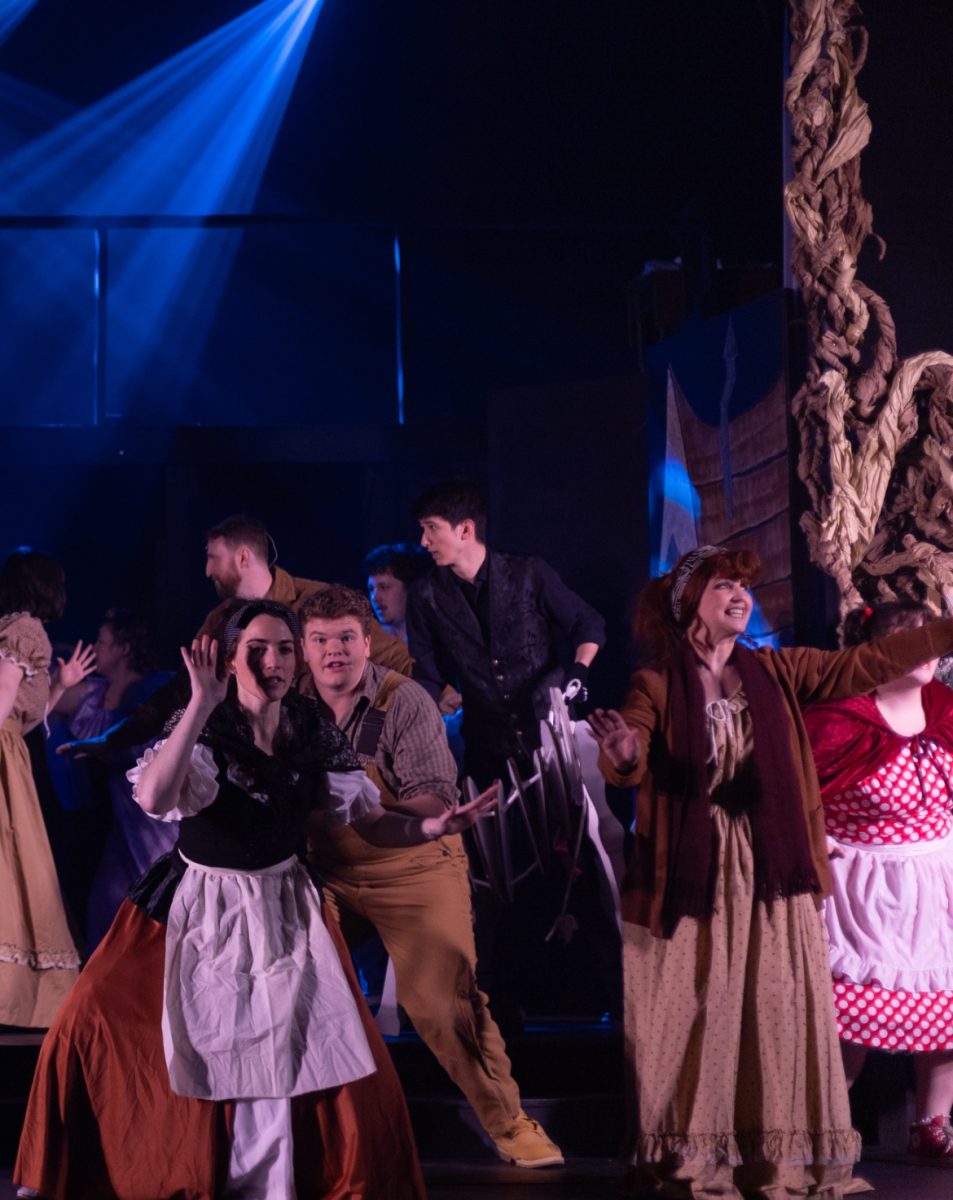 Most people always look towards the relics of their childhood with rose-tinted glasses, always praising and never judgmental. And that isn’t bad, but is it good for judging the quality of today’s entertainment?
Most people always look towards the relics of their childhood with rose-tinted glasses, always praising and never judgmental. And that isn’t bad, but is it good for judging the quality of today’s entertainment?
The easy and obvious answer is no; nostalgia is just another form of bias and shouldn’t be included to review the quality of a work. Yet, most reviewers and even the regular person still judge yesterday’s work with nostalgia in mind. Nowhere is this more evident than in the business of video games.
Since video games have been around since the early ‘80s, it’s easy to assume that a fair amount of the gaming populous is in their ‘30s or late ‘20s. That means that the modern adults who are gamers have the seniority and ability to spread their opinions with greater ease in the community. Many of these gamers can be objective about modern releases, but rarely do any of them take stabs at their childhood games.
One of the greatest examples can be seen in “The Legend of Zelda: Ocarina of Time.” In all respects, this game is good. The characters are interesting as well as the story, and it puts one’s puzzle solving skills to the test. But it isn’t perfect. The combat is beyond annoying, the world is too linear, and the game gets stale quick. It was revolutionary for its time, but it’s also a product of its time, and didn’t age well. Yet in that whole statement, I can assume that I have enraged gamers just by speaking the truth. Why is that? I feel that it has to do with the fact that the game was released in the mid-‘90s, when the modern adult gamer would have been a teen or a pre-teen; this means that this revolutionary game would leave a large impression on a growing kid, who would just be old enough to begin forming opinions of his or her own.
In short, this would be the greatest game they had played at the time, and that opinion would only grow through the years with successive playthroughs. This isn’t a bad thing. But as the years progressed, that opinion stayed and spread to the newer generation of gamers who now have no opportunity to experience it on their own, and thus there are few brave enough to pick apart this game truthfully. How is that fair?
In short, it isn’t. We all feel nostalgia though and there isn’t much to do about that form of bias. One could try to push it away, but that itself can result in contrived bias for the opposite side. Nostalgia is one of the biggest hindrances for anyone, but that’s not a bad thing either. Nostalgia brings back happiness of a time gone by, a time of innocence and pure unadulterated fun. It’s a double-edged sword with no way around it.
I say embrace nostalgia, indulge in it; just be wary and self-conscious of how it may affect your judgment of modern or classic entertainment.





